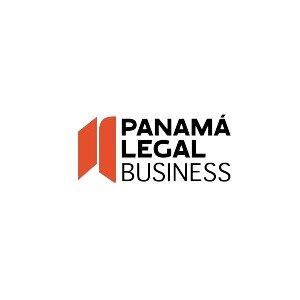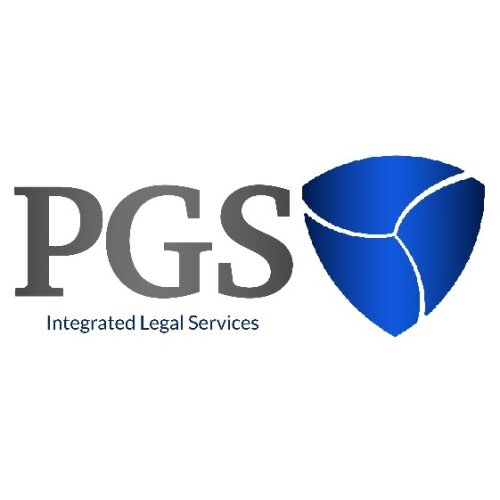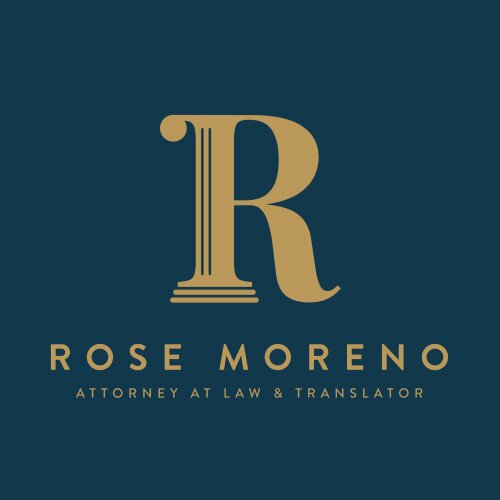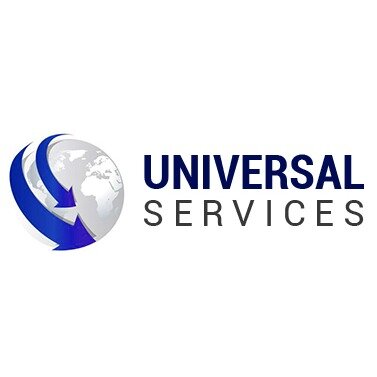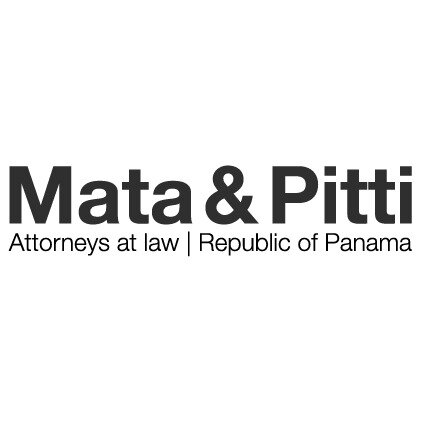Best Financial Services Regulation Lawyers in Panama City
Share your needs with us, get contacted by law firms.
Free. Takes 2 min.
List of the best lawyers in Panama City, Panama
About Financial Services Regulation Law in Panama City, Panama
Panama City, a thriving financial hub in Latin America, offers a robust regulatory framework for financial services. The regulation of financial services in Panama is primarily governed by the Superintendency of Banks of Panama and the Panama Securities Market Commission. These institutions oversee the banking industry, securities market, insurance companies, and other financial entities, ensuring compliance with local laws and international standards. Panama is known for its business-friendly environment, but the regulatory framework is comprehensive to guard against illegal activities such as money laundering and tax evasion.
Why You May Need a Lawyer
Hiring a lawyer who specializes in financial services regulation can be crucial in several situations. If you are setting up a financial institution such as a bank or investment fund, legal assistance is essential to navigate the complex requirements and obtain the necessary licenses and approvals. You might also need a lawyer if you are facing compliance issues, need to negotiate contracts, or if your business is involved in mergers and acquisitions. Additionally, if there are regulatory changes or you need to resolve disputes with regulatory bodies, legal counsel can help protect your interests.
Local Laws Overview
Several key legal aspects shape the regulation of financial services in Panama City, Panama:
- Banking Laws: Governed primarily by the Banking Law of 1998, which establishes the requirements and controls for operations of banks.
- Securities Regulations: The Securities Market Law provides the legal framework for trading, issuing, and regulating securities in Panama.
- Anti-Money Laundering: Panama has robust AML regulations, aligned with international standards, to combat financial crime.
- Insurance Regulations: These are overseen by the Superintendency of Insurance and Reinsurance for proper market conduct and consumer protection.
- Data Protection: Financial institutions must comply with data protection regulations to safeguard customer information.
These laws are integral to maintaining integrity and confidence in Panama's financial sector.
Frequently Asked Questions
What regulatory bodies oversee financial services in Panama?
The Superintendency of Banks, the Panama Securities Market Commission, and the Superintendency of Insurance and Reinsurance are the primary regulatory bodies.
What is required to open a bank in Panama?
Opening a bank requires adherence to the Banking Law, which includes obtaining a license, proving financial stability, and ensuring systems are in place to prevent money laundering.
How does Panama ensure compliance with international financial regulations?
Panama aligns its financial regulations with international standards, including those set by entities such as the FATF, to ensure compliance and facilitate international trade.
Can foreign investors participate in Panama's securities market?
Yes, foreign investors can participate in Panama's securities markets, but they must comply with relevant securities regulations and disclosure requirements.
What legal measures protect against financial crime in Panama?
Panama has implemented strict AML laws and collaborates internationally to prevent financial crimes like money laundering and tax evasion.
What is the role of the Financial Analysis Unit in Panama?
This unit is vital for the detection of financial irregularities and plays a crucial role in ensuring AML compliance in Panama.
Are there specific data protection requirements for financial services in Panama?
Yes, financial institutions must ensure the protection of personal data in accordance with national and international standards.
What constitutes a financial crime under Panamanian law?
Financial crimes include money laundering, fraud, embezzlement, and any financial activities deemed illegal under Panamanian law.
How are disputes in the financial services sector resolved?
Disputes can be resolved through negotiation, arbitration, or by taking legal action in Panamanian courts, depending on the nature of the dispute.
Could there be changes in financial regulations affecting my business?
Yes, regulatory updates occur regularly to meet international standards. Staying informed or consulting legal counsel can mitigate adverse impacts.
Additional Resources
If you need further assistance, these Panamanian and international institutions can provide valuable information and resources:
- Superintendency of Banks of Panama
- Panama Securities Market Commission
- Superintendency of Insurance and Reinsurance of Panama
- Financial Analysis Unit (Unidad de Análisis Financiero, UAF)
- Ministry of Economy and Finance of Panama
Next Steps
If you are in need of legal assistance in financial services regulation in Panama, consider the following steps:
- Identify Your Needs: Clearly understand your legal requirements or the issues you are facing.
- Seek Specialist Legal Support: Searching for law firms or independent lawyers who specialize in financial services can ensure you're guided by experts familiar with the local laws.
- Consult with Professionals: Set up consultations to discuss your specific situation and receive tailored advice.
- Stay Updated: Regularly review the current regulations and consider consulting a legal professional for any changes that may affect your operations.
- Join Professional Networks: Engaging with business chambers or professional organizations in Panama could provide valuable insights and support.
Lawzana helps you find the best lawyers and law firms in Panama City through a curated and pre-screened list of qualified legal professionals. Our platform offers rankings and detailed profiles of attorneys and law firms, allowing you to compare based on practice areas, including Financial Services Regulation, experience, and client feedback.
Each profile includes a description of the firm's areas of practice, client reviews, team members and partners, year of establishment, spoken languages, office locations, contact information, social media presence, and any published articles or resources. Most firms on our platform speak English and are experienced in both local and international legal matters.
Get a quote from top-rated law firms in Panama City, Panama — quickly, securely, and without unnecessary hassle.
Disclaimer:
The information provided on this page is for general informational purposes only and does not constitute legal advice. While we strive to ensure the accuracy and relevance of the content, legal information may change over time, and interpretations of the law can vary. You should always consult with a qualified legal professional for advice specific to your situation.
We disclaim all liability for actions taken or not taken based on the content of this page. If you believe any information is incorrect or outdated, please contact us, and we will review and update it where appropriate.



